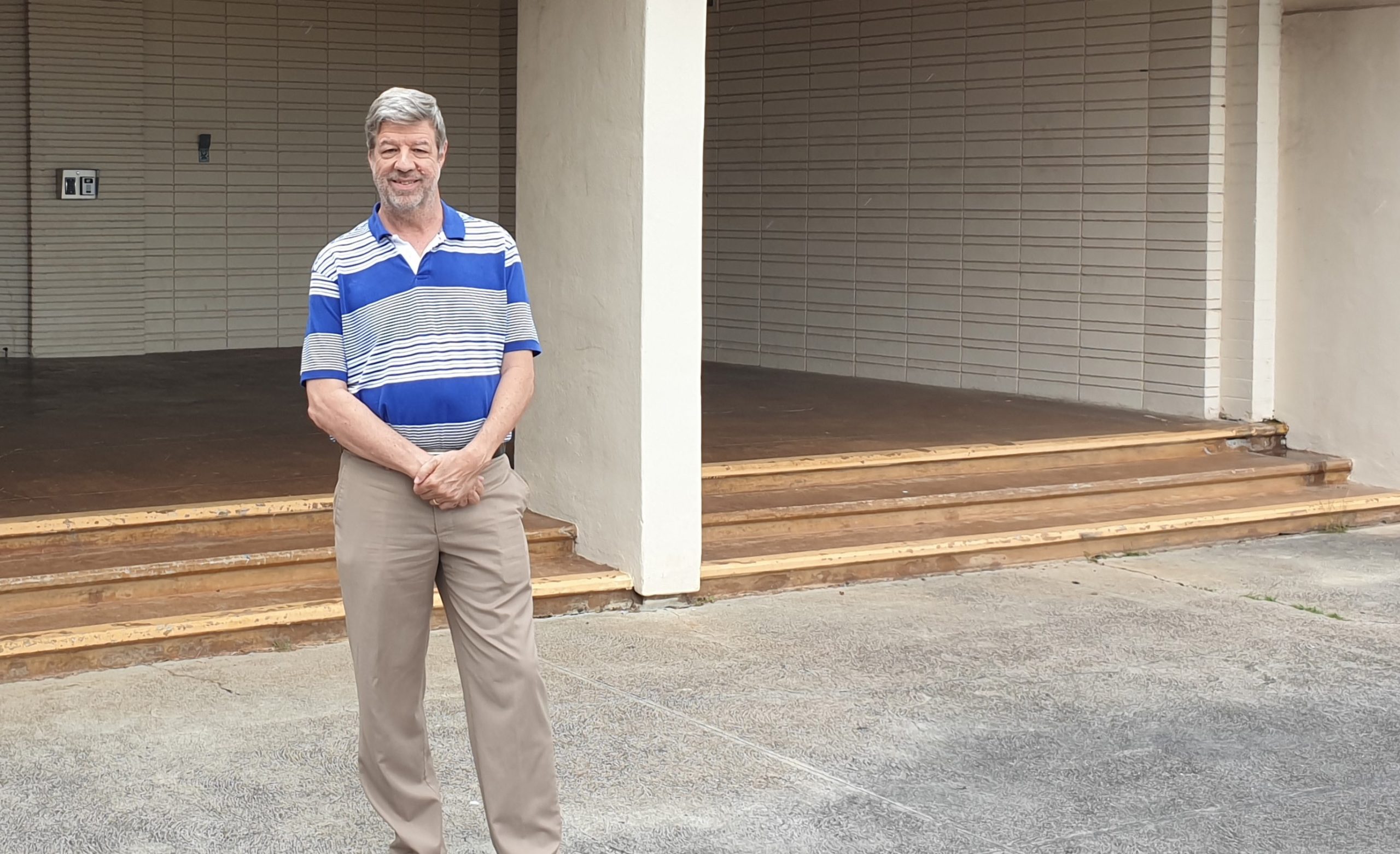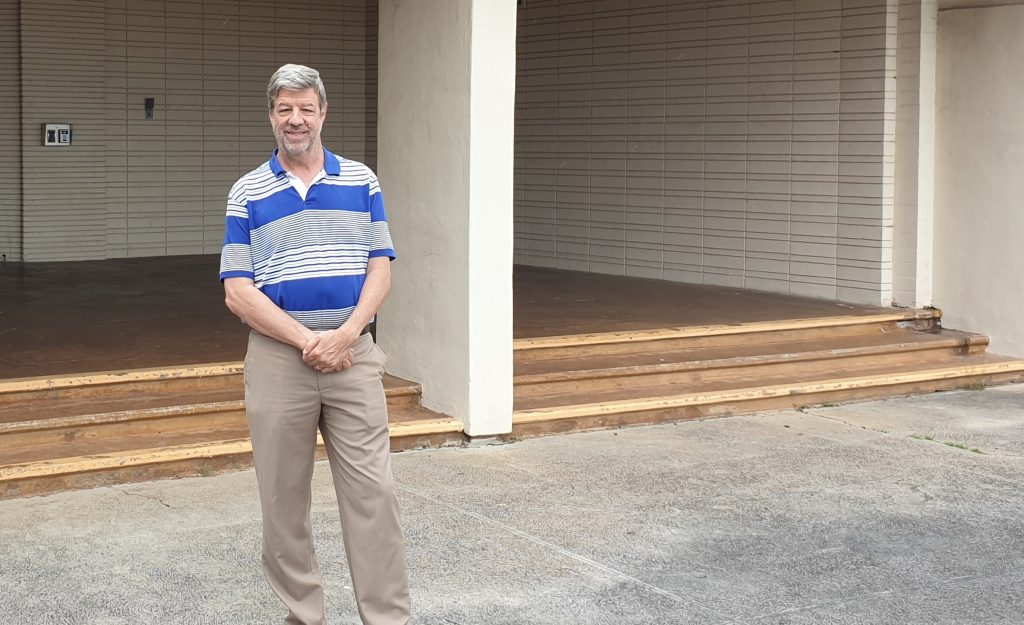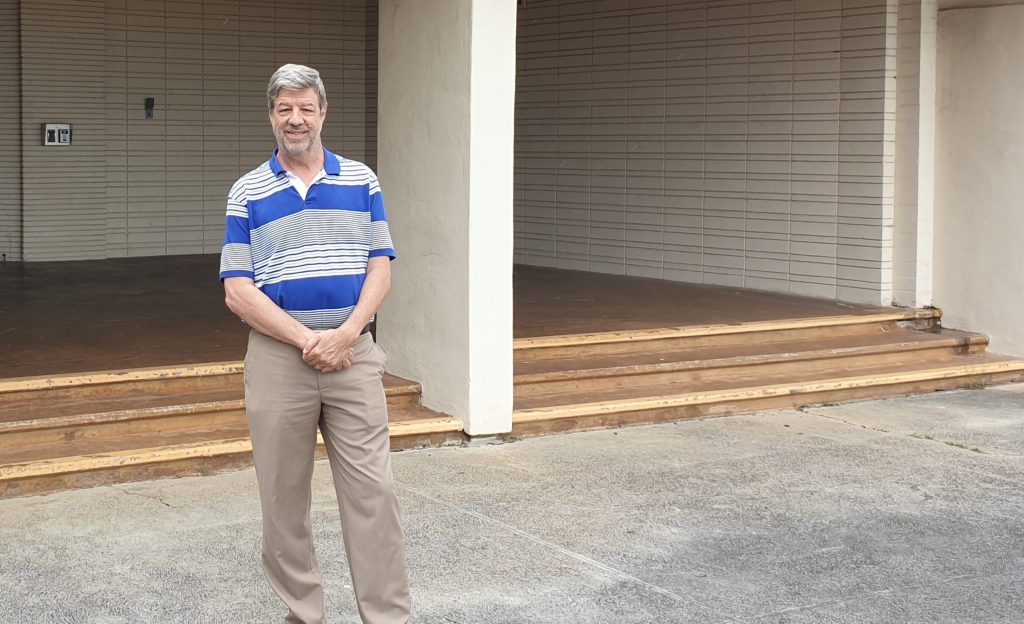Hawaiʻi State Approving Agency History

THE SAA
State Approving Agency
The Hawai‘i State Approving Agency (SAA) traces its roots to the passage of the original GI Bill of Rights in the aftermath of World War II. Officially authorized under Title 38, U.S. Code, Chapter 36, the SAA was established to safeguard the quality and integrity of educational and training programs accessible to veterans utilizing federal education benefits. Every U.S. state maintains its own SAA, responsible for approving programs within its jurisdiction and ensuring compliance with Department of Veterans Affairs (VA) requirements.
The SAA’s core responsibilities include inspecting and supervising educational institutions, approving or disapproving training programs for GI Bill eligibility, and reviewing institutions’ compliance with federal standards. These functions are codified in 38 CFR §21.4151(b), which defines the agency’s role in collaboration with the VA.
In Hawai‘i, the SAA has evolved over the decades. For many years, the agency was housed within the University of Hawai‘i system, until a pivotal transition in 2021. The Isakson-Roe Veterans Health Care and Benefits Improvement Act mandated that SAAs be independent of state universities to avoid potential conflicts of interest. In response, the Hawai‘i SAA was officially transferred to the State of Hawai‘i Department of Defense on Oct. 1, 2021.
The Hawai‘i SAA engages with educational training institutions across the state, at various stages of the approval process. These include institutions of higher learning that offer degree programs ranging from associates to doctoral levels. Other non-college degree schools offer vocational or certification programs in areas such as massage therapy, cybersecurity, esthetics, flight school and yoga instruction. The approval process is thorough and can take months to complete, especially for new institutions.
In addition to program approvals, the agency conducts outreach engages in supervisory and compliance related school visits, processes reapprovals, modifications, suspensions and withdrawals. Withdrawals can be due to factors such as school closure, inactivity, voluntary withdrawal, non-participation in federal financial aid programs, or federal compliance violations.
Today, the Hawai‘i SAA continues its mission to approve and monitor education and training programs, ensuring that veterans and their families receive the full value of their hard-earned GI Bill benefits. It also assists veterans in identifying appropriate programs locally and nationwide, affirming its role as a vital resource within the broader network of veterans’ services.
Hawaiʻi State Approving Agency Chronological History
Last updated June 2025



